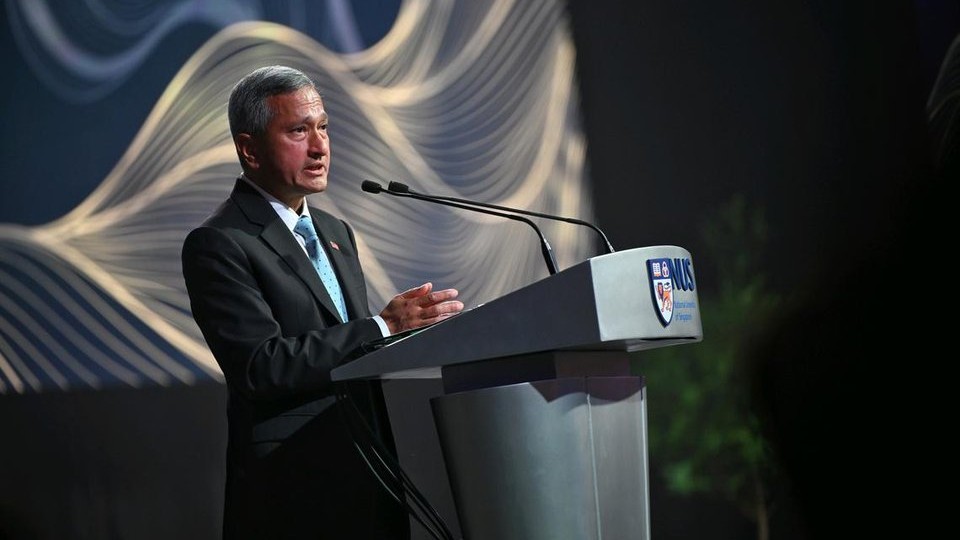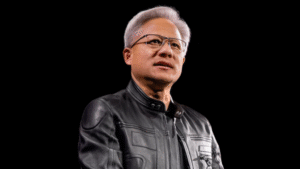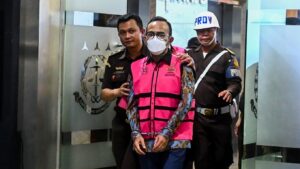Singapore – At the official launch of NUS’ 120th anniversary celebrations held on July 3 at Marina Bay Sands, Singapore’s Foreign Minister Vivian Balakrishnan called on the National University of Singapore (NUS) and the country at large to remain open, globally engaged, and science-driven in the face of rising geopolitical tensions, technological disruption, and misinformation.
Speaking to nearly 1,900 alumni, scholars, and policymakers, Dr Balakrishnan described today’s world as “volatile and increasingly fragmented,” marked by superpower rivalries, inflationary pressure, and growing vulnerabilities for smaller nations. Within this context, universities, he argued, must serve as cradles of national identity, citadels of openness, and launch pads for innovation.
“NUS needs to have open gates,” said Dr Balakrishnan, “and we need to have our fair share of access to talent and ideas, while still remembering that this is a citadel based in Singapore, to protect Singapore.”
As an alumnus of NUS Medicine, Dr Balakrishnan’s remarks reflected both personal and national significance, situating the university’s legacy within Singapore’s broader development over the past century.
NUS President Tan Eng Chye echoed the theme, highlighting the university’s close alignment with the country’s journey to independence. He emphasized that many NUS students are first-generation university attendees, underlining the institution’s key role in social mobility. In the past year alone, NUS received SGD 233 million in philanthropic donations, including SGD 26 million directed at underprivileged students.
Tan described education as an “intrinsic part of Singapore’s social compact,” and noted that NUS must continuously nurture curiosity, critical thinking, and character to respond to rapid changes in society and technology.
Beyond reflection, the event also cast an eye toward the future. In 2025, NUS celebrates several institutional milestones, including:
- 120 years of the Yong Loo Lin School of Medicine
- 70 years of NUS Engineering
- 20 years of both Duke-NUS Medical School and NUS High School
Dean of the Yong Loo Lin School of Medicine, Professor Chong Yap Seng, used the opportunity to issue a broader call to action on global health. He warned that despite scientific progress, the world faces unprecedented health challenges — from climate change and ageing populations, to AI disruption and the carbon footprint of healthcare.
“We need the united efforts of people whose skills, diverse expertise, and viewpoints can be brought to bear for a better and healthier future,” Prof Chong stated.
The ceremony illustrated how institutions like NUS are not only reflecting on historical achievements but are also repositioning themselves in an era of global volatility. The university’s role in shaping both national resilience and global collaboration is being reaffirmed — through research, education, and policy engagement.









